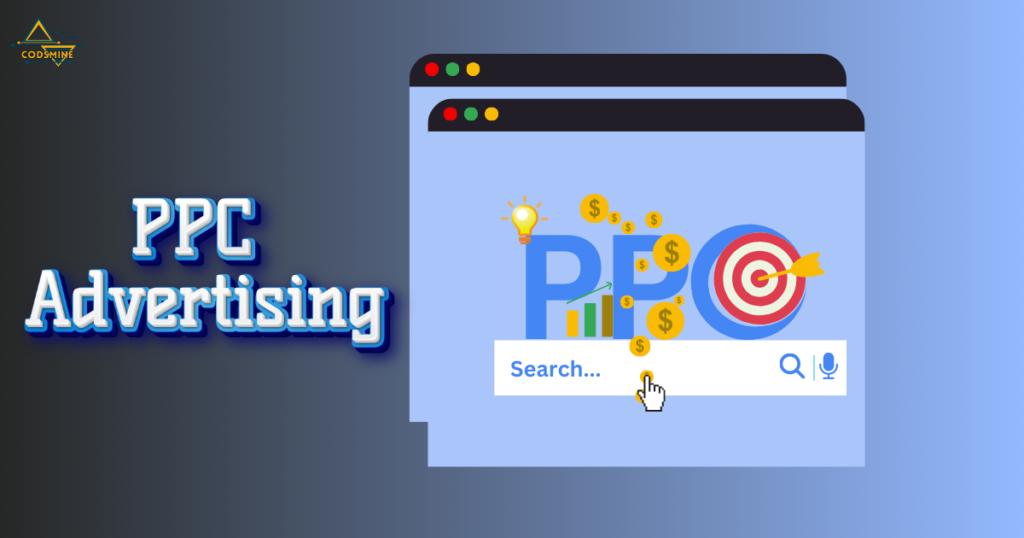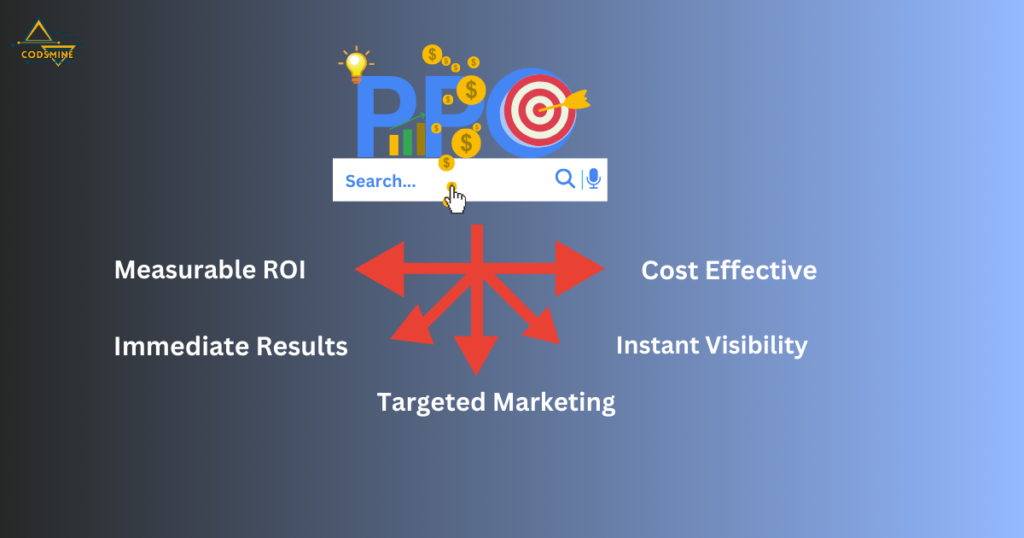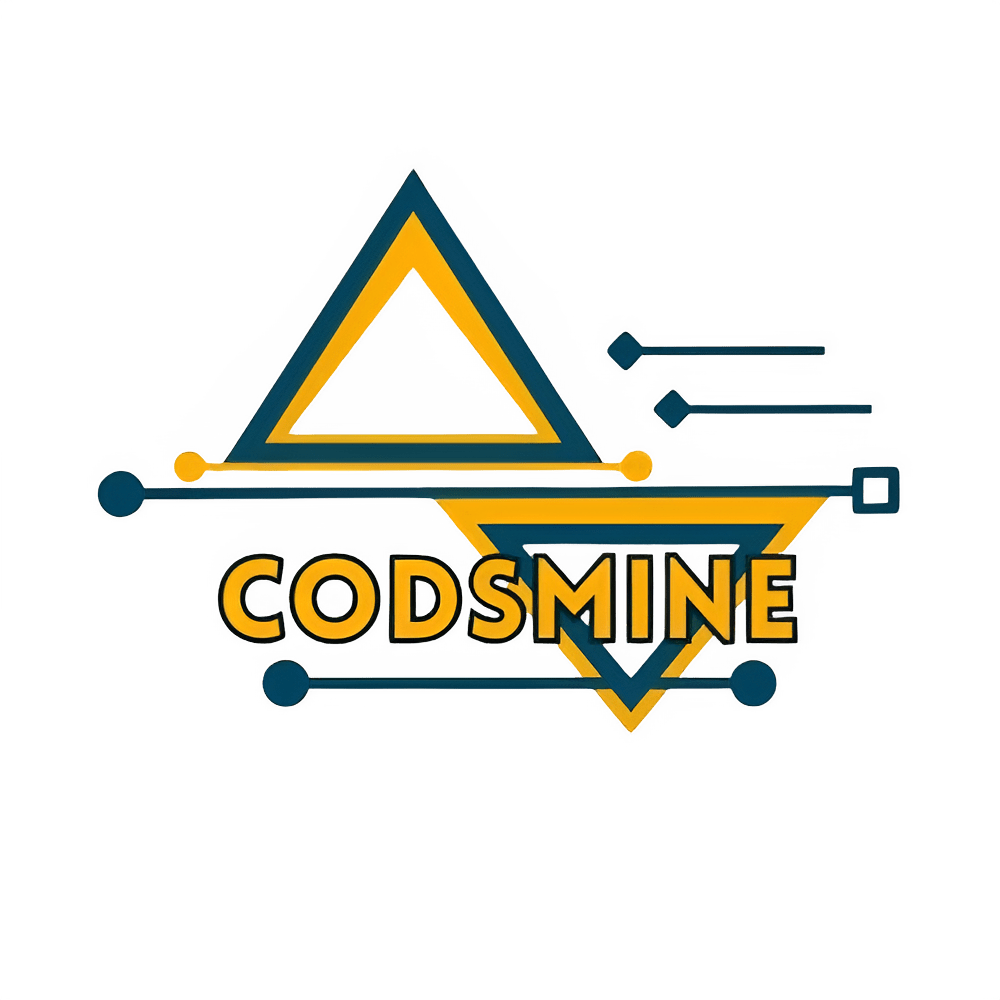
In the competitive landscape of the IT industry, it is crucial for businesses to leverage every possible opportunity to reach their target audience and drive conversions. One powerful tool that can help your IT company achieve this is Pay-Per-Click (PPC) advertising.
What is PPC?
PPC is a digital marketing strategy where advertisers pay a fee each time their ad is clicked. It allows businesses to bid for ad placement in a search engine’s sponsored links when someone searches for a keyword related to their business. This model of advertising enables companies to reach their target audience effectively and drive qualified traffic to their website.
Why is PPC Important for Your IT Company?
1. Instant Visibility
One of the key benefits of PPC advertising is that it provides instant visibility for your IT company. By bidding on relevant keywords, your ads can appear at the top of search engine results pages, ensuring that your business is seen by potential customers right when they are actively searching for your services.
2. Targeted Marketing
PPC allows you to target your ads to specific demographics, locations, and devices, ensuring that your message reaches the right audience. This targeted approach can help you maximize your advertising budget by focusing on those most likely to convert.
3. Measurable Results
PPC provides detailed analytics that allow you to track the performance of your campaigns in real-time. You can see metrics such as clicks, impressions, and conversions, enabling you to make data-driven decisions to optimize your campaigns for better results.
4. Cost-Effective
Unlike traditional advertising methods, PPC allows you to set your budget and only pay when someone clicks on your ad. This means you have control over your spending and can adjust your budget based on the performance of your campaigns.

1. Immediate Visibility and Results
One of the most significant advantages of PPC is the ability to achieve immediate visibility. Once your ad campaign is live, your ads can start appearing on search engines, social media platforms, or other websites almost instantly. This immediacy contrasts sharply with organic SEO, which can take months to build traction. For businesses looking to generate traffic and leads quickly, PPC provides a rapid and effective solution.
2. Highly Targeted Advertising
PPC platforms allow for highly precise targeting. You can reach specific audiences based on various criteria such as:
● Keywords: Target users searching for particular terms related to your business.
● Demographics: Advertise based on age, gender, income level, and more.
● Geographic Location: Focus on users in specific regions or countries.
● Interests and Behaviors: Target individuals based on their interests, online behavior, and previous interactions.
This level of targeting ensures that your advertising budget is spent reaching the most relevant audience, increasing the likelihood of conversions.
3. Controlled Budget and Costs
With PPC, you have full control over your advertising budget. You can set daily or monthly spending limits and adjust bids based on performance. Additionally, PPC operates on a cost-per-click model, so you only pay when someone clicks on your ad, not just for ad placement. This pay-for-performance model helps you manage your expenses more effectively and ensures that you’re investing in strategies that yield measurable results.
4. Measurable ROI
PPC platforms provide detailed analytics and performance metrics, such as click-through rates (CTR), conversion rates, and cost per acquisition (CPA). These insights allow you to measure the return on investment (ROI) of your campaigns with precision. You can track how much you’re spending, what you’re earning, and how different elements of your campaigns are performing. This data-driven approach helps in optimizing campaigns and improving overall marketing effectiveness.
5. Enhanced Brand Visibility
Even if users do not click on your ad, PPC campaigns contribute to brand visibility. Your brand appears at the top of search results or on relevant websites, reinforcing brand awareness and recognition. This increased visibility can help build trust and familiarity with your brand, which is valuable in driving future customer engagement.
6. Flexible and Scalable
PPC campaigns are highly flexible and can be scaled according to your business needs. Whether you’re a small local business or a large corporation, you can adjust your PPC strategies to fit your goals. You can start with a modest budget and increase your spending as you see positive results. Additionally, you can test different keywords, ad formats, and targeting options to find what works best for your audience.
7. Competitive Advantage
In competitive industries, PPC can provide an edge over competitors. By bidding on relevant keywords and using targeted ad strategies, you can capture a share of search traffic and online visibility that might otherwise be dominated by competitors. PPC allows you to compete effectively, even if you’re up against larger players in your industry.
8. Support for Other Marketing Efforts
PPC can complement other marketing efforts, such as SEO and content marketing. For instance, running PPC ads for high-intent keywords can help you capture immediate traffic while working on improving organic rankings. Additionally, data from PPC campaigns can provide valuable insights into keyword performance and audience behavior, which can inform and enhance your overall marketing strategy.
9. Testing and Optimization Opportunities
PPC advertising provides an excellent platform for A/B testing. You can experiment with different ad copies, landing pages, and bidding strategies to determine what resonates best with your audience. This iterative process of testing and optimization helps refine your marketing approach and improve campaign effectiveness over time.
10. Effective for All Stages of the Sales Funnel
PPC can be used to target users at various stages of the sales funnel:
● Awareness: Display ads and search ads for broad terms to introduce your brand.
● Consideration: Use more specific keywords and remarketing ads to engage users who are already interested.
● Conversion: Target high-intent keywords and create compelling offers to drive immediate sales or lead generation.
By addressing different stages of the customer journey, PPC helps guide potential customers through the entire funnel.
Conclusion
PPC advertising is a powerful tool that offers immediate visibility, precise targeting, and measurable results. It enables businesses to control their budgets, enhance brand visibility, and compete effectively in their markets. Whether you’re looking to drive traffic quickly, test new strategies, or complement your existing marketing efforts, PPC provides the flexibility and scalability needed to achieve your goals. Incorporating PPC into your marketing strategy can significantly impact your business’s growth and success.
For more insights into digital marketing strategies and effective PPC practices, visit Codsmine, where you’ll find valuable resources to help you succeed in the competitive online landscape.

